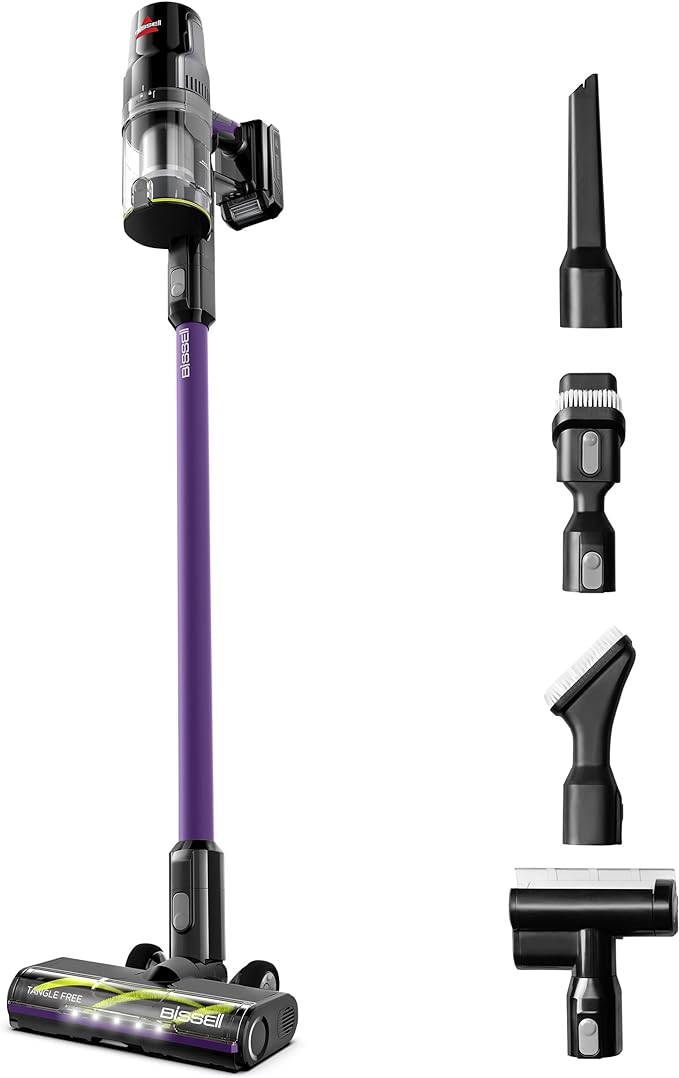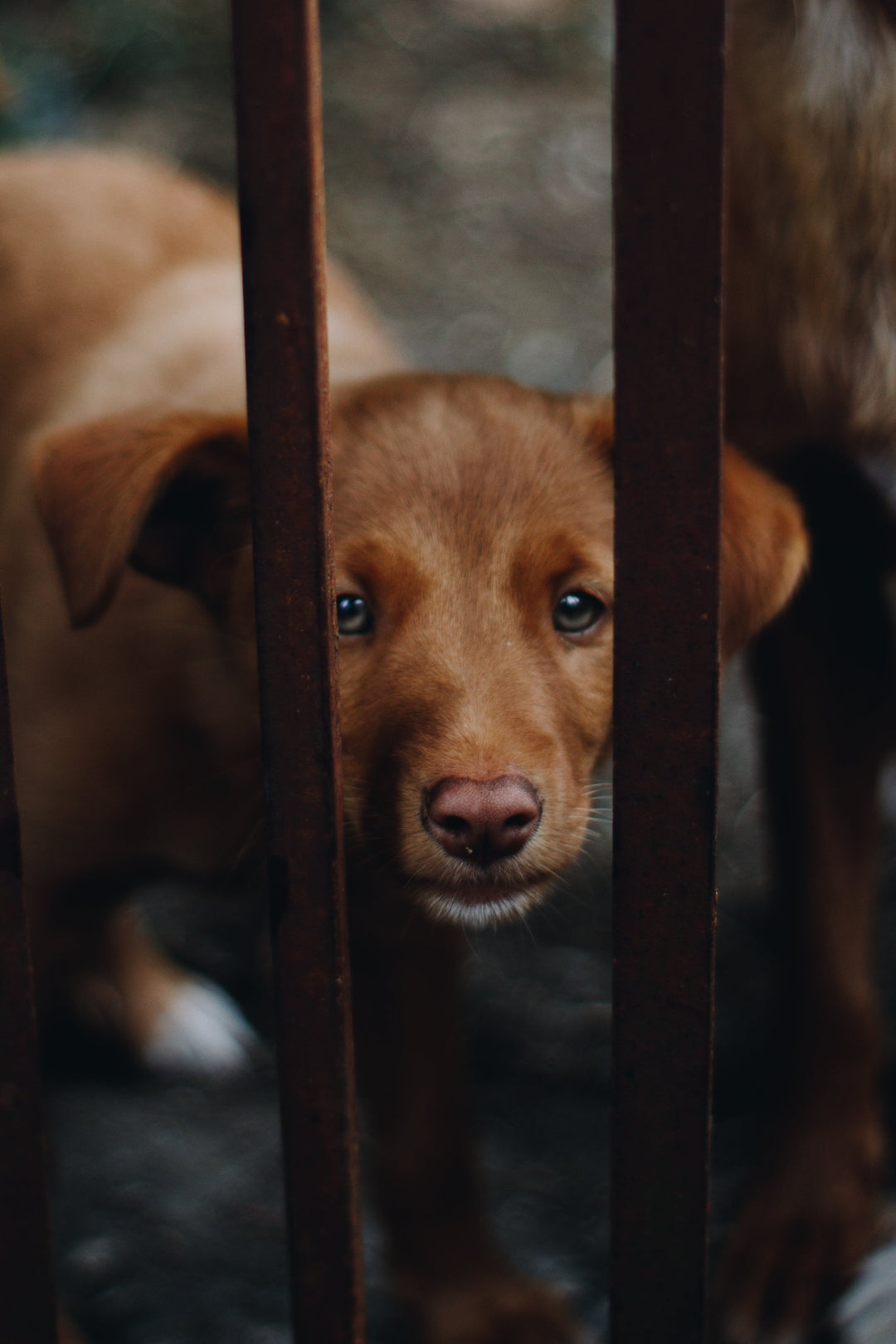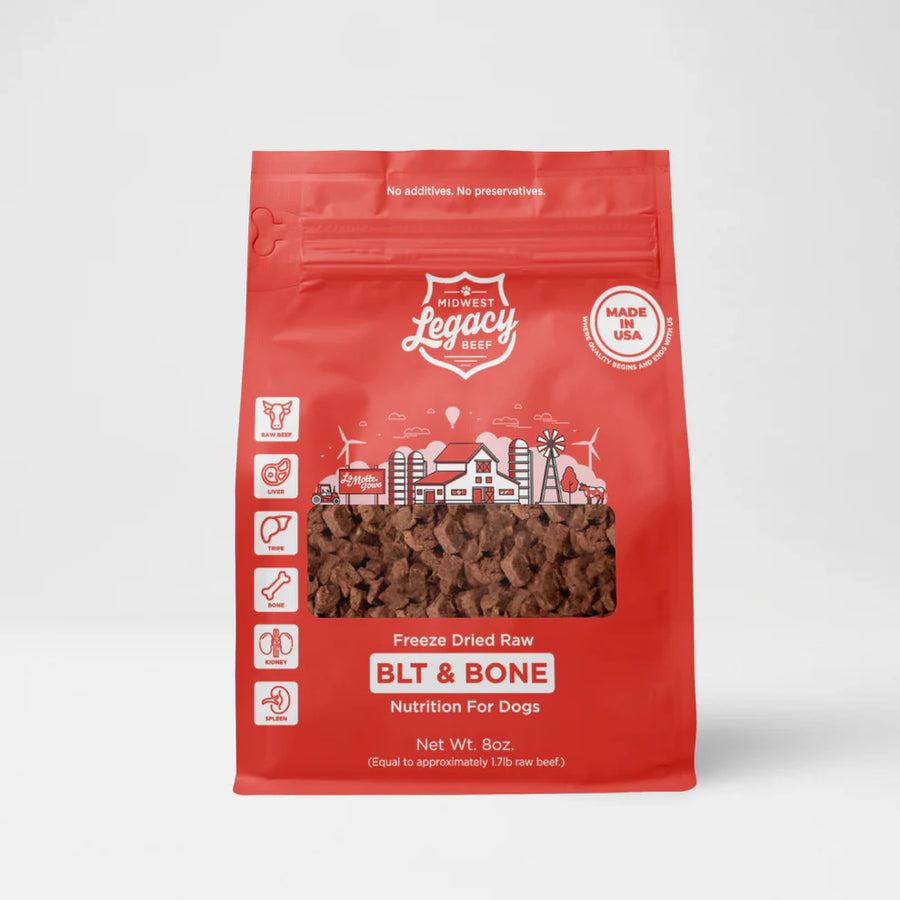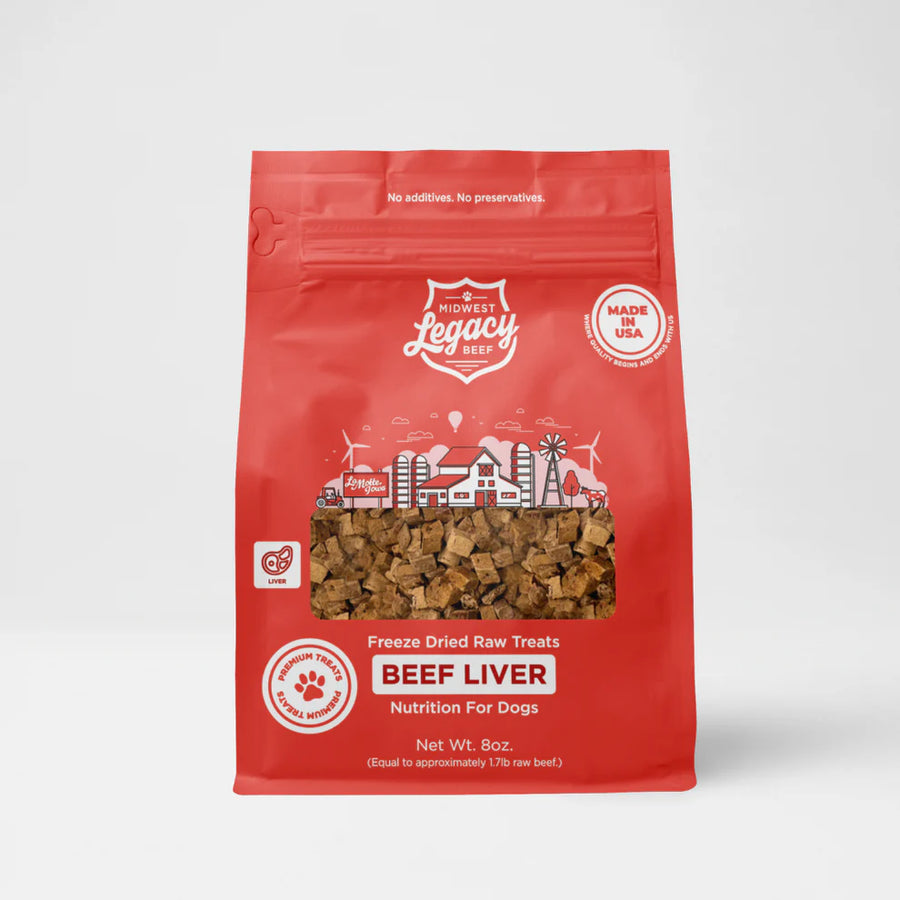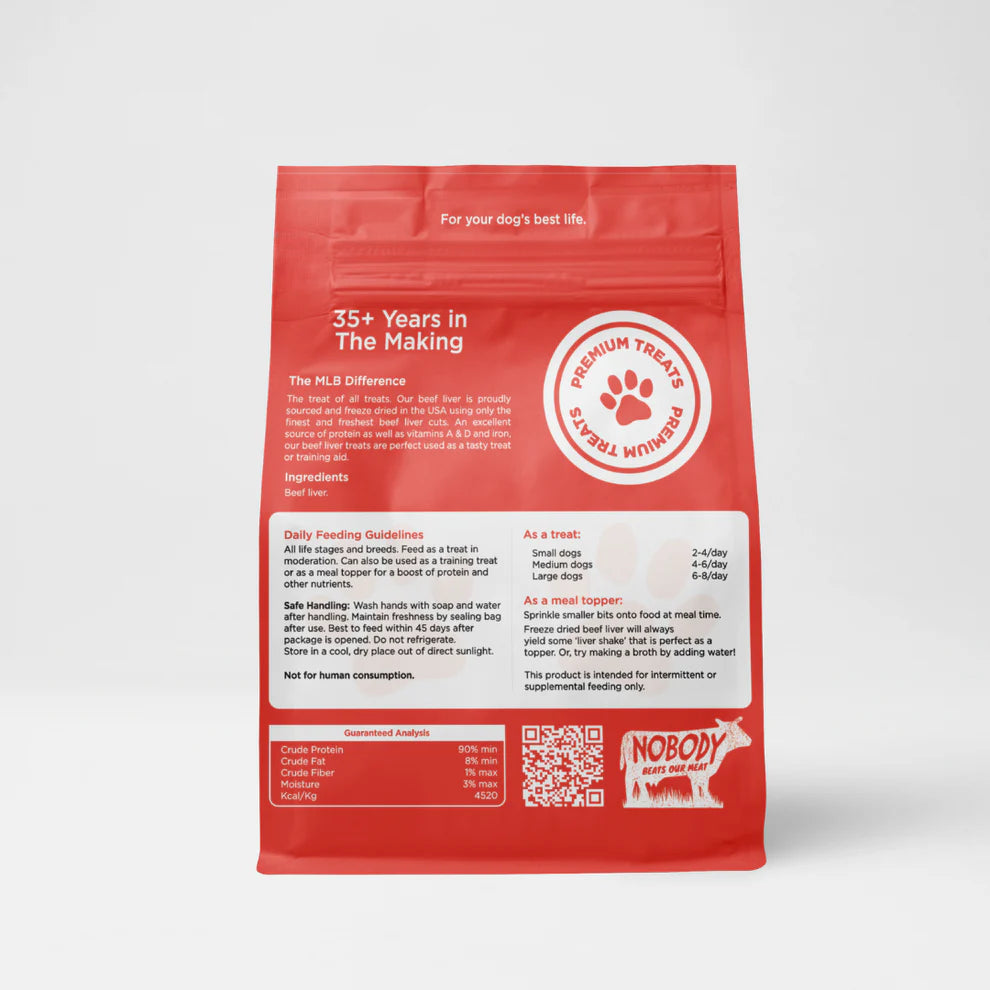Understanding the Bernedoodle
Note- It's important to research reputable breeders. You should look for those who are both Google verified and have a State License Certificate, and who also follow responsible practices. Doing this can help lower the risk of inherited health issues in your puppy.
Understanding the Bernedoodle: A Complete Guide
The Bernedoodle, also known as the Bernese Mountain Dog Poodle mix, is a hybrid breed that's been gaining popularity. This breed combines the intelligence and hypoallergenic qualities of the Poodle with the loyalty and hardworking nature of the Bernese Mountain Dog.
But what does a Bernedoodle look like? And how big do Bernedoodles get? These are some of the questions we'll answer in this comprehensive guide.
Bernedoodles come in various sizes, from the full size Bernedoodle to the mini and micro variants. Each size has its unique characteristics and care requirements.
We'll also delve into the Bernedoodle's lifespan, health concerns, and temperament. Understanding these aspects can help potential owners decide if this breed is the right fit for their lifestyle.
From the standard Bernedoodle size to the mini Bernedoodle size comparison, this guide covers it all. So, whether you're a potential Bernedoodle owner or just a dog enthusiast, read on to learn more about this fascinating breed.
What is a Bernedoodle?
A Bernedoodle is a delightful mix created by crossing a Bernese Mountain Dog with a Poodle. This results in a charming hybrid dog with the best traits from both breeds. People often refer to them as a Bernese Mountain Dog Poodle mix.
Bernedoodles are known for their friendly, playful nature, which makes them excellent family pets. They inherit intelligence from their Poodle parent, alongside a gentle, loyal temperament from the Bernese Mountain Dog. This combination results in a dog that is both smart and affectionate.
One of the notable features of Bernedoodles is their hypoallergenic coat, a trait borrowed from the Poodle side. This makes them an appealing option for individuals with allergies. Additionally, their coat is often curly or wavy, which requires regular grooming to maintain.
These dogs come in various sizes due to the size difference in their Poodle parent. A Bernedoodle's size can range from very small to quite large, depending on whether they have a standard, mini, or micro Poodle lineage.
Bernedoodles are also relatively new as a recognized hybrid, with their first recorded intentional breeding occurring in 2003. Since then, they have gained popularity and found their way into many homes as beloved pets, known for their unique blend of traits.
The Bernedoodle's Appearance: What Does a Bernedoodle Look Like?
A Bernedoodle's appearance is as charming and varied as their ancestry suggests. They sport a mix between the Bernese Mountain Dog's striking looks and the Poodle's elegant curls. This blend often results in a cuddly, bear-like appearance that wins hearts instantly.
Their coat is one of their standout features and can range from curly to wavy, largely depending on the Poodle parentage. Many Bernedoodles are hypoallergenic, a trait prized by those with allergies. Their thick coats require regular grooming to prevent mats and keep them looking their best.
Color-wise, Bernedoodles come in a captivating palette. They often showcase the Bernese Mountain Dog's iconic tri-color pattern, including black, white, and brown. However, they can also be seen in other shades, such as black and white, all black, or even an array of vibrant Poodle colors.
The shape of a Bernedoodle's body is typically sturdy and balanced. They have a well-proportioned frame, drawing from the robust Bernese Mountain Dog and the Poodle's refinement. Their eyes are expressive, often reflecting their gentle and playful nature.
Each Bernedoodle is distinct, with some favoring the Poodle’s features more, while others lean towards their Bernese parentage. This diversity in appearance makes every Bernedoodle unique and special, ensuring no two are exactly alike.
Size Variations of Bernedoodles
Standard Bernedoodle Size
Standard Bernedoodles are the largest among the Bernedoodle family. Their size reflects their Bernese Mountain Dog heritage, standing tall and robust. Typically, a full-grown standard Bernedoodle can reach up to 29 inches in height.
In terms of weight, standard Bernedoodles usually weigh between 70 to 90 pounds. This makes them similar in size to the Bernese Mountain Dog. Despite their size, they are known for their gentle and affectionate nature, making them wonderful companions for families.
Their large size allows them to thrive in homes with ample space. Standard Bernedoodles are ideal for owners who enjoy outdoor activities and have a yard where these energetic dogs can play and explore.
Mini Bernedoodle Size
Mini Bernedoodles offer a more compact version for those seeking a smaller dog. They are a delightful blend of the Bernese Mountain Dog and a smaller-sized Poodle. Mini Bernedoodles typically weigh between 20 to 49 pounds.
These pups often stand around 18 to 22 inches tall, making them a great choice for those living in apartments. Their manageable size, along with their loving personalities, makes them popular among city dwellers.
Despite their smaller stature, mini Bernedoodles possess all the charm and intelligence of their larger relatives. They fit perfectly into family life and adapt well to various living environments.
Micro Bernedoodle Size
Micro Bernedoodles are the smallest of this hybrid breed. Bred for those who desire a tiny, yet spirited companion, they usually weigh less than 25 pounds. Their height can vary, but they generally stay well under 18 inches.
Their petite size makes micro Bernedoodles perfect for small living spaces. They retain the playful nature and loyalty associated with Bernedoodles, proving that great things come in small packages.
Thanks to their lightweight structure, micro Bernedoodles are easy to manage. This size variation particularly suits first-time dog owners or those with a preference for less physically demanding pets.
Bernedoodle Size Comparison
When comparing sizes, the Bernedoodle's versatility truly shines. Standard, mini, and micro Bernedoodles each offer unique qualities to potential owners. The largest, standard, is best for those with room to spare.
Mini Bernedoodles strike a balance between size and manageability. They fit well into a moderate-sized home with or without a yard. Meanwhile, micro Bernedoodles excel in adaptability, perfect for smaller homes or city apartments.
Understanding these size variations helps prospective owners choose the Bernedoodle that best fits their lifestyle. No matter the size, these dogs bring joy and companionship to any home they enter.
The Lifespan and Health of Bernedoodles
Bernedoodles are known for their robust health, often living vibrant lives. Typically, they enjoy a lifespan of 12 to 15 years. This longevity is a blend of influences from both the Bernese Mountain Dog and Poodle.
Health issues can arise, with some Bernedoodles inheriting conditions from their parent breeds. Common concerns include hip dysplasia and eye problems. Regular check-ups and a healthy lifestyle can help mitigate these risks.
Despite potential health concerns, Bernedoodles generally lead happy and active lives. Their playful nature and adaptability make them resilient to health-related stress. Ensuring a balanced diet and proper exercise contributes greatly to their well-being.
As they age, it's crucial to adapt care to their changing needs. Senior Bernedoodles may require different dietary needs and less strenuous activities. With attentive care, these loyal companions can provide many years of joy and love.
Temperament and Personality Traits of Bernedoodles
Bernedoodles are renowned for their friendly and affectionate nature. They are social dogs that crave interaction with their families. Their gentle temperament makes them excellent companions for children and adults alike.
Intelligence is a defining characteristic of the Bernedoodle. They are quick learners, eager to pick up new commands and tricks. This sharp mind pairs well with their playful spirit, making training enjoyable and effective.
Bernedoodles tend to be loyal and protective of their loved ones. They form strong bonds and are known to be quite devoted. This loyalty can sometimes manifest as separation anxiety if left alone too long.
Despite their protective streak, Bernedoodles are generally welcoming of others. Early socialization helps them maintain this friendly demeanor throughout their lives. Their joyful and often goofy antics bring smiles to many, ensuring they remain beloved family pets.
Caring for Your Bernedoodle
Exercise and Activity Needs
Bernedoodles are active dogs that thrive on regular exercise. Daily walks and play sessions help maintain their physical health. They enjoy interactive games, such as fetch, which stimulate their minds and bodies.
These dogs appreciate outdoor adventures, like hiking. They do well in activities that challenge their agility and obedience. Keeping them active prevents boredom and promotes a well-balanced demeanor.
Providing mental stimulation is equally important. Puzzle toys and training sessions engage their intelligent minds. Sufficient exercise helps mitigate behavioral issues related to restlessness.
Grooming and Coat Care
Bernedoodles have thick coats that require regular grooming. Frequent brushing prevents mats and tangles. Many owners opt for professional grooming every few months.
Their coats can be curly, wavy, or straight, depending on genetics. Each texture has specific care needs. Regular grooming keeps their coats healthy and hypoallergenic.
Bathing should not be overly frequent to maintain natural oils. Grooming time strengthens the bond between you and your Bernedoodle. It's also a chance to inspect for any skin issues or parasites.
Diet and Nutrition
A high-quality diet is crucial for a Bernedoodle's health. Their food should be balanced, providing essential nutrients. Portions should match their size, age, and activity level.
Consult a vet to tailor their diet to individual needs. Some Bernedoodles are prone to weight gain, so monitoring caloric intake is vital. Healthy treats should be given in moderation.
Fresh water should always be available. Proper nutrition supports their energy, coat condition, and overall wellness. Adjust dietary needs as they grow and age for optimal health.
Training and Socialization
Training a Bernedoodle is a rewarding experience. They are smart and eager to please, making them responsive to positive reinforcement. Keep sessions short and fun to maintain their interest.
Socialization is key to raising a well-mannered Bernedoodle. Introduce them to various people, pets, and environments early. This exposure helps them remain calm and confident as they mature.
Patience and consistency are crucial when training. They can occasionally be stubborn, needing gentle persistence. Praise and treats motivate them, fostering a trusting relationship.
Bernedoodle Health Concerns and Lifespan
Bernedoodles generally enjoy good health, thanks to their hybrid vigor. However, they can inherit health issues from their parent breeds. Common concerns include hip dysplasia and eye problems, which are prevalent in both Poodles and Bernese Mountain Dogs.
Regular vet check-ups are essential to catch potential issues early. These visits help ensure your Bernedoodle stays healthy throughout their life. Monitoring and maintaining their weight also contributes significantly to their overall well-being.
The average lifespan of a Bernedoodle ranges from 12 to 15 years. A balanced diet and regular exercise contribute to their longevity. With proper care, your Bernedoodle can enjoy a full and healthy life by your side.
Choosing a Bernedoodle: Tips for Potential Owners
Choosing a Bernedoodle starts with knowing their requirements and finding a certified, licensed breeder like Demmer Doodles in Eastern Iowa. It is crucial to have a puppy that is well-cared for from birth until it is 8 weeks old and ready to join your home. This breed does best in settings where they receive a lot of attention and exercise. Make sure you can commit to meeting their grooming and care needs.
Researching reputable breeders is crucial. Look for breeders who prioritize being Google verified plus State License Certificated and responsible practices. This step helps reduce the chance of inherited health problems in your puppy. Or even worse, falling for a puppy scam.
Consider your living space when choosing a Bernedoodle. While adaptable, larger sizes may require more room. Evaluate your lifestyle and be prepared for the commitment, as a Bernedoodle can be a loyal companion for many years.
Conclusion: Is the Bernedoodle the Right Dog for You?
The Bernedoodle is an affectionate and playful companion. Their friendly nature makes them great for families and first-time dog owners.
Consider your lifestyle and ability to meet their needs. If you can, the Bernedoodle may be the perfect addition to your home.






